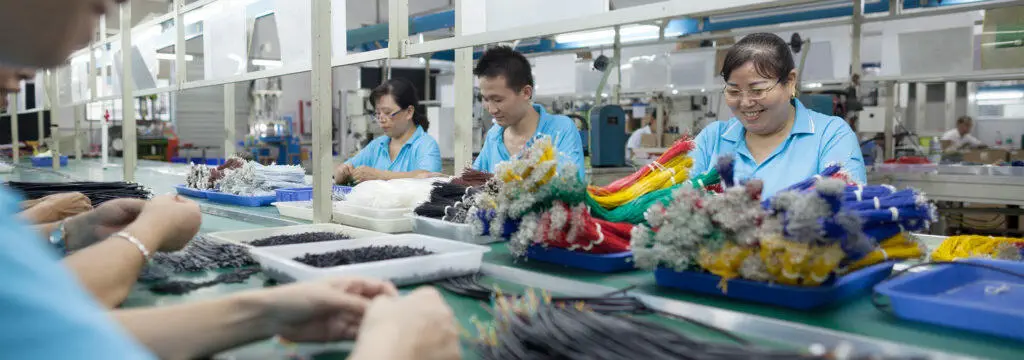Bringing the workplace together in person and digitally

Put simply, workplace social dialogue is a process that brings together workers, their representatives and employers to discuss problems and improve working conditions. For the full International Labour Organisation (ILO) definition (on which the Joint ETIs’ social dialogue project is based) scroll down to the Endnote.
Ethical Trading Initiativ etableres i Sverige!

Vi gratulerer og er så glad for at vi endelig har fått en svensk søster! Etableringen av Ethical Trading Initiative, ETI Sweden, vil ytterligere styrke etisk handel såvel i Skandinavia som i de globale leverandørkjedene, sier daglig leder Heidi Furustøl i Etisk handel Norge.
Stort engasjement for lovforslag om ansvarlig næringsliv!
Frivillighet er ikke nok, mener Etikkinformasjonsutvalget – en mening som har bred oppslutning, også i næringslivet. 100 engasjerte deltakere fra næringsliv og sivilsamfunn var til stedet på frokostmøte i regi av Etisk handel Norge og Virke, hvor lovforslaget ble presentert og diskutert.